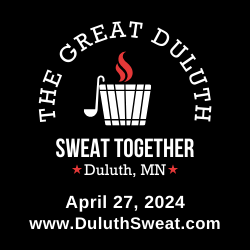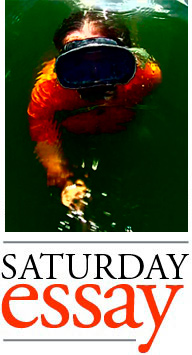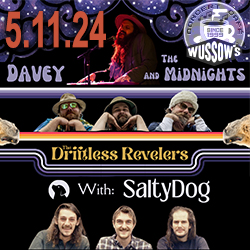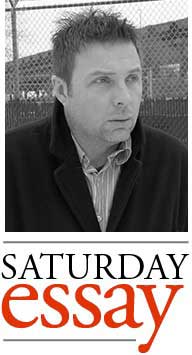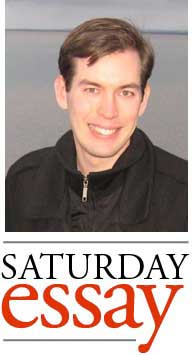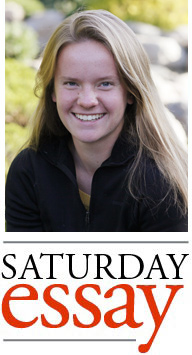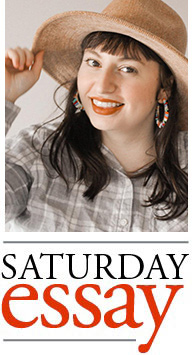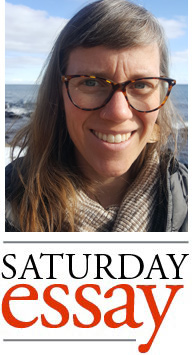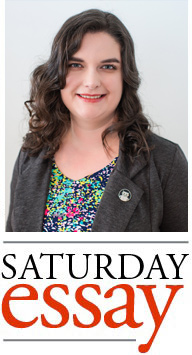Ripped at JT’s Bar in 2000
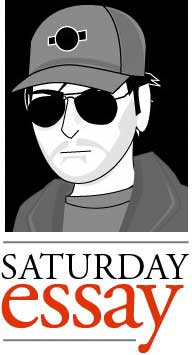 [Editor’s note: Set your Gayback Machine to the last few months of the Clinton administration. For this week’s essay we’ve once again pulled out a relic from the archive of Slim Goodbuzz, who visited JT’s Bar at 1506 N. Third St. in Superior and penned this report for the June 28, 2000 issue of the Ripsaw newspaper. Additional historical notes: JT’s closed in the summer of 2011 and was replaced by Shenanigan’s Bar. In late 2012 it became the Whiskey Ward, which closed in 2013. Izzy’s BBQ Lounge & Grill opened in August 2014 and remains there today.]
[Editor’s note: Set your Gayback Machine to the last few months of the Clinton administration. For this week’s essay we’ve once again pulled out a relic from the archive of Slim Goodbuzz, who visited JT’s Bar at 1506 N. Third St. in Superior and penned this report for the June 28, 2000 issue of the Ripsaw newspaper. Additional historical notes: JT’s closed in the summer of 2011 and was replaced by Shenanigan’s Bar. In late 2012 it became the Whiskey Ward, which closed in 2013. Izzy’s BBQ Lounge & Grill opened in August 2014 and remains there today.]
The first time I went to JT’s, I was young and foolish. I didn’t know it was a gay bar. “This place looks like a gay bar,” I exclaimed to the room, provoking a barrage of turned heads and strange looks. But despite embarrassing myself in public, I actually ended up having a pretty good time that night.
Then, a few weeks ago, a press release from the White House showed up at the RipSaw office reading, “I, William J. Clinton, President of the United States of America, by virtue of the authority vested in me by the Constitution and laws of the United States, do hereby proclaim June 2000 as Gay and Lesbian Pride Month. I encourage all Americans to observe this month with appropriate programs, ceremonies, and activities that celebrate our diversity and recognize the gay and lesbian Americans whose many and varied contributions have enriched our national life.” So, I decided to get drunk at JT’s. I simply could not pass up an invitation like that.


